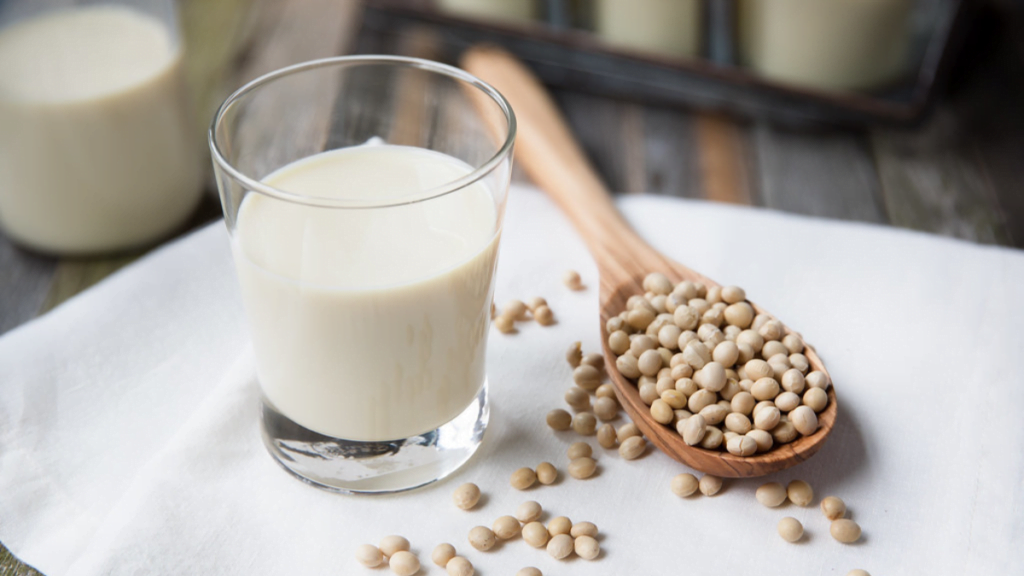Introduction
Milk alternatives have become increasingly popular in recent years. People choose these options for various reasons, including dietary restrictions, ethical concerns, or simply personal preference. However, one common question arises: which milk alternative truly captures the taste and texture of traditional cow’s milk? In this article, we will explore several popular milk alternatives and determine which one comes closest to replicating the flavor and mouthfeel of dairy milk.
Soy Milk: A Classic Alternative
Soy milk has been a staple milk alternative for decades. Made from soaked and ground soybeans, it offers a creamy texture and a nutty flavor. While soy milk may not replicate the exact taste of cow’s milk, it comes surprisingly close. Additionally, it is an excellent source of plant-based protein, making it a nutritious choice for those following a vegan or vegetarian diet.
Almond Milk: A Nutty Contender
Almond milk has gained immense popularity in recent years due to its nutty flavor and creamy consistency. Produced by blending almonds with water, it is a dairy-free and vegan-friendly option. However, many consumers find that almond milk lacks the richness and fullness of traditional cow’s milk. Nevertheless, it remains a popular choice for those seeking a nut-based alternative.
Oat Milk: A Surprising Similarity
Oat milk has emerged as a strong contender in the milk alternative market. Made from soaked and blended oats, it boasts a creamy texture and a slightly sweet, nutty flavor. Surprisingly, many consider oat milk to be one of the closest alternatives to cow’s milk in terms of taste and mouthfeel. Its ability to froth and steam makes it a favorite among coffee enthusiasts.
Coconut Milk: A Tropical Twist
Coconut milk, derived from the white flesh of mature coconuts, offers a unique and distinctive flavor. While its rich, creamy texture is undeniable, its tropical taste may not appeal to those seeking a close replication of cow’s milk. However, coconut milk is an excellent choice for those who enjoy its unique flavor profile or require a dairy-free alternative in certain recipes.
Discover: How Many Carbs Should You Eat To Lose Weight
Conclusion
Ultimately, the “best” milk alternative comes down to personal preference and individual tastes. While oat milk and soy milk are often touted as the closest alternatives to cow’s milk in terms of flavor and texture, some may find that almond milk or coconut milk better suits their preferences. Regardless of the choice, milk alternatives provide a wide range of options for those seeking dairy-free or plant-based alternatives to traditional cow’s milk.


